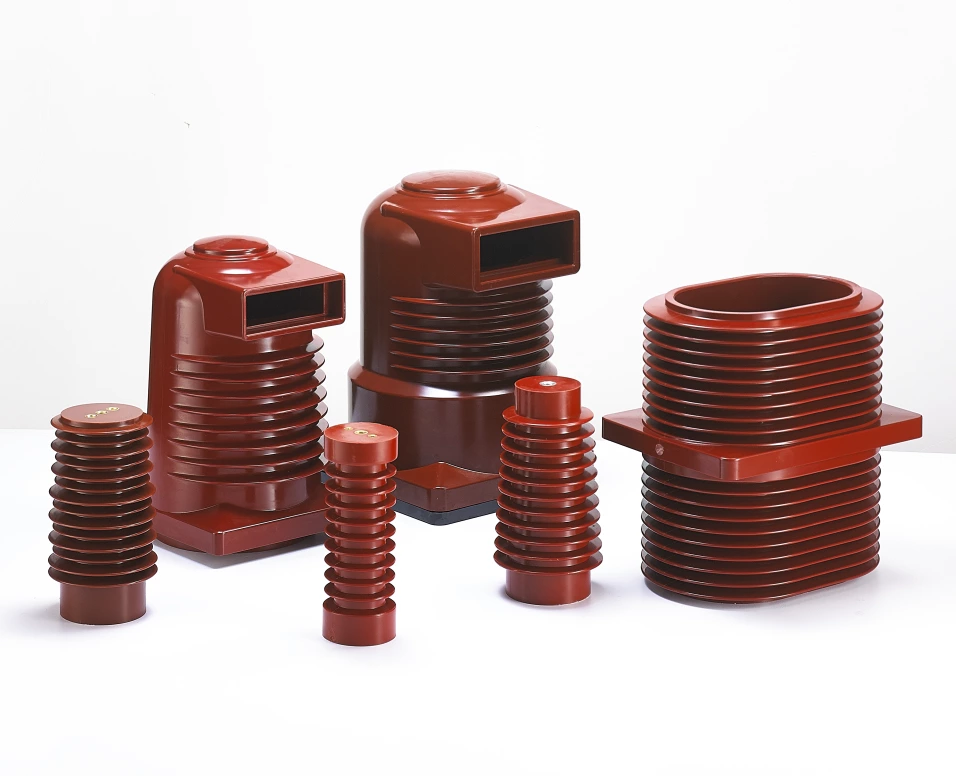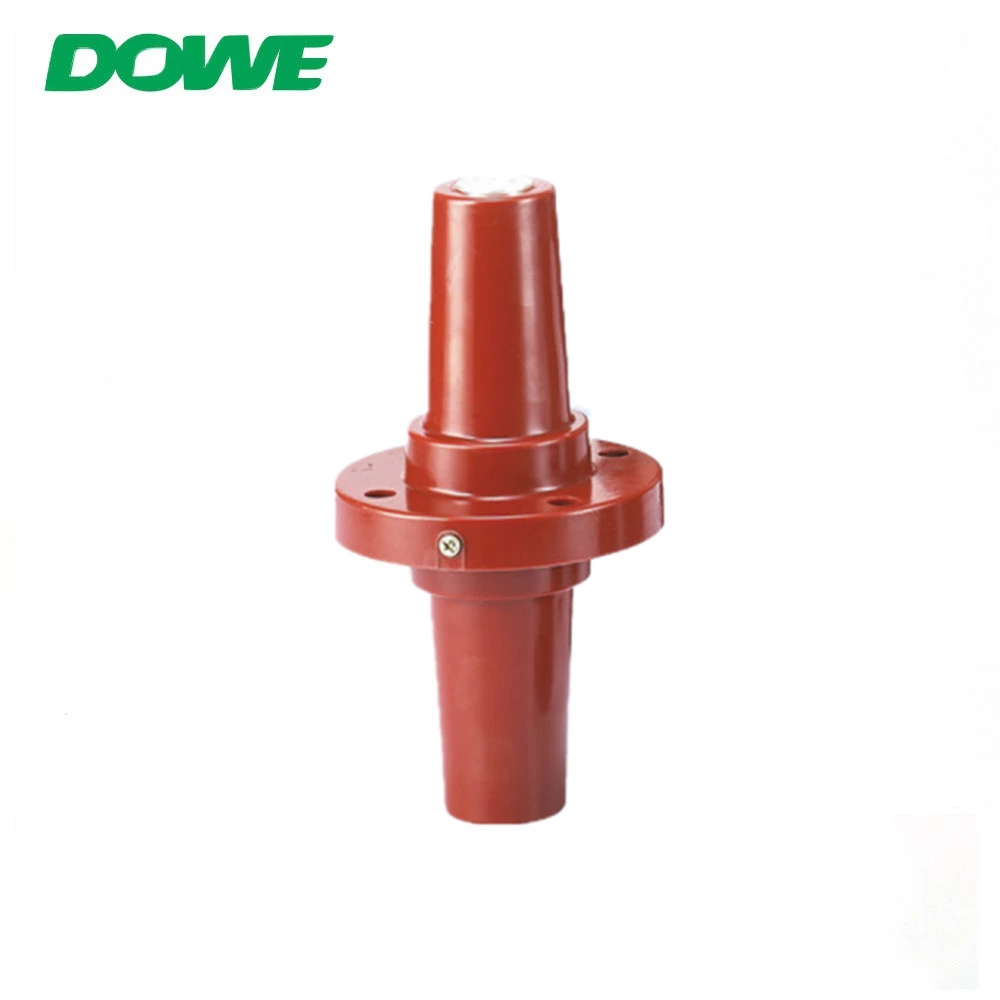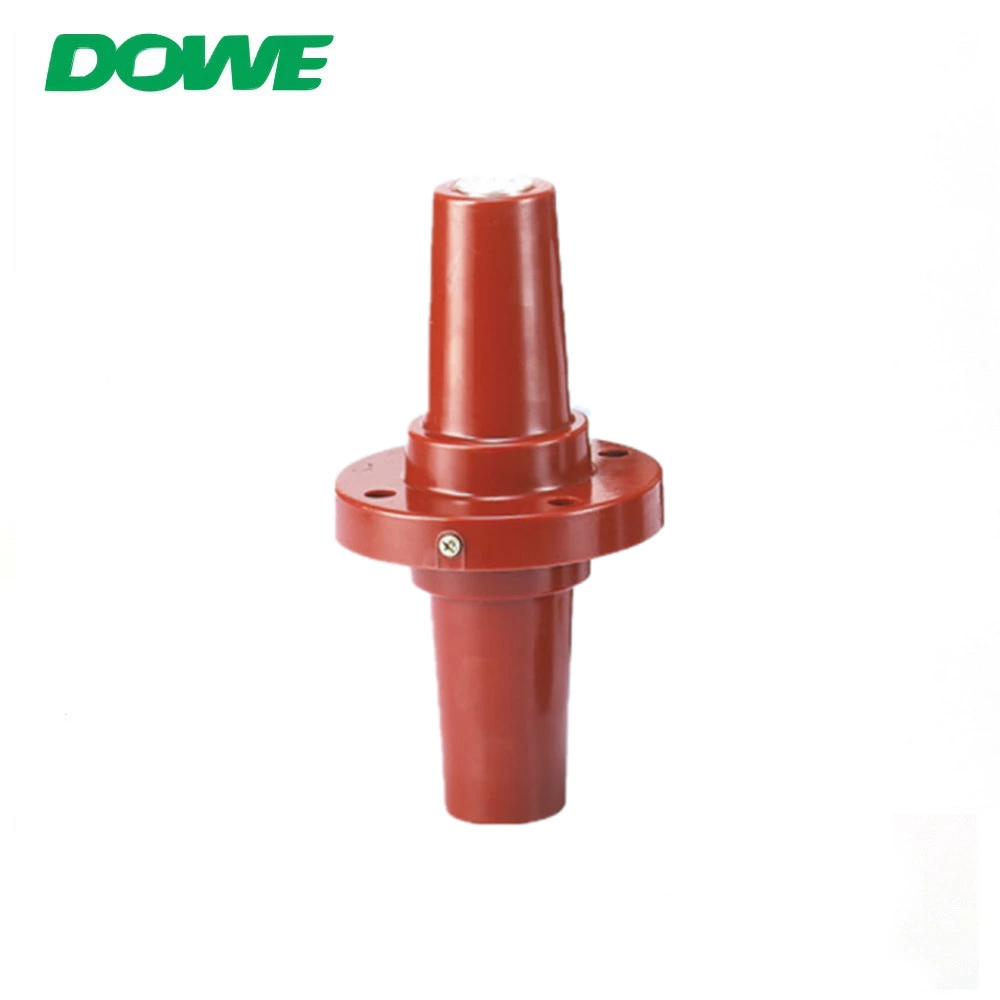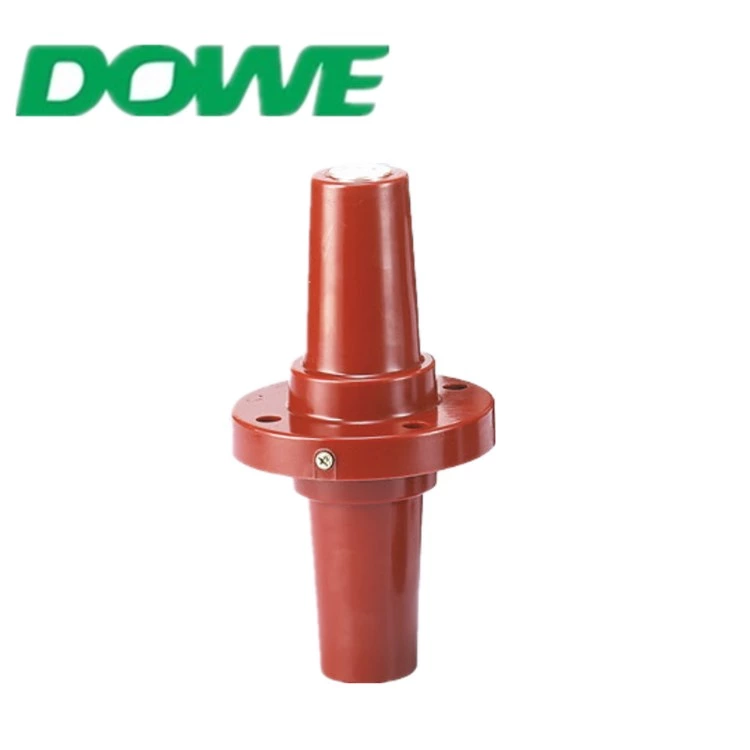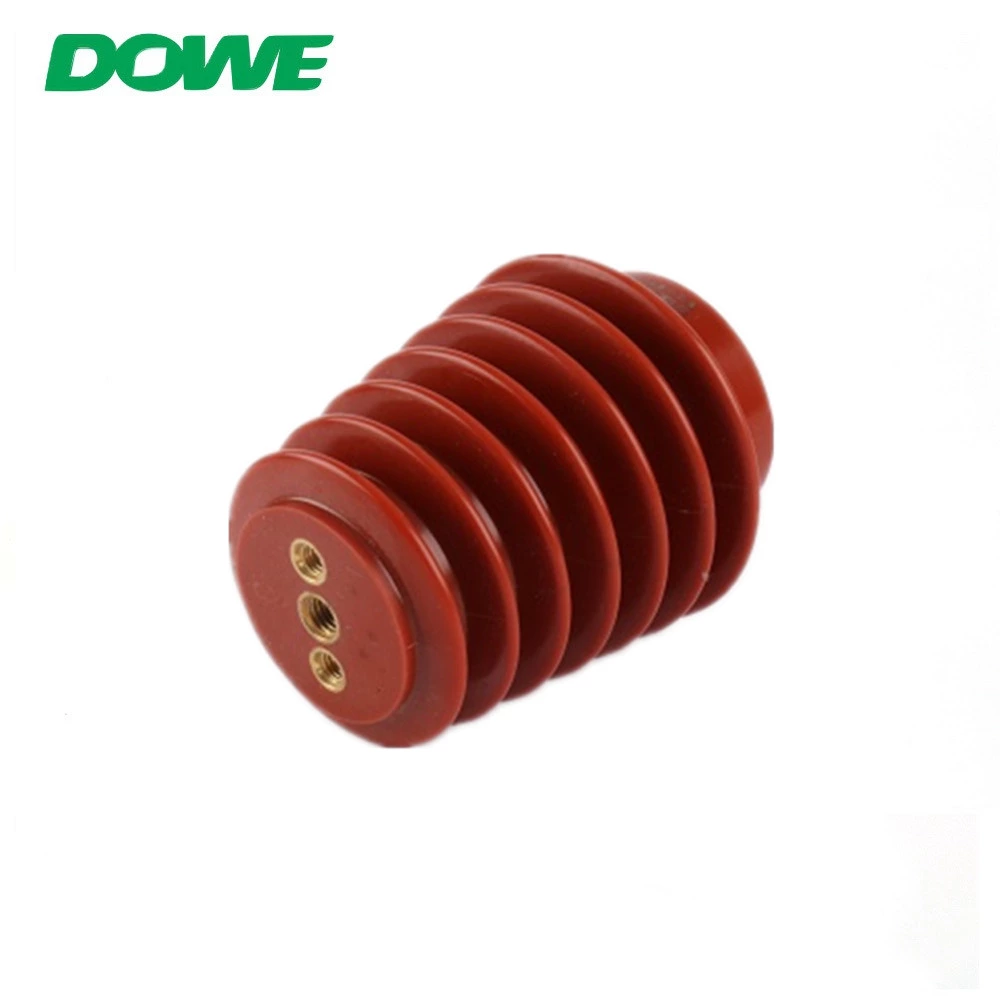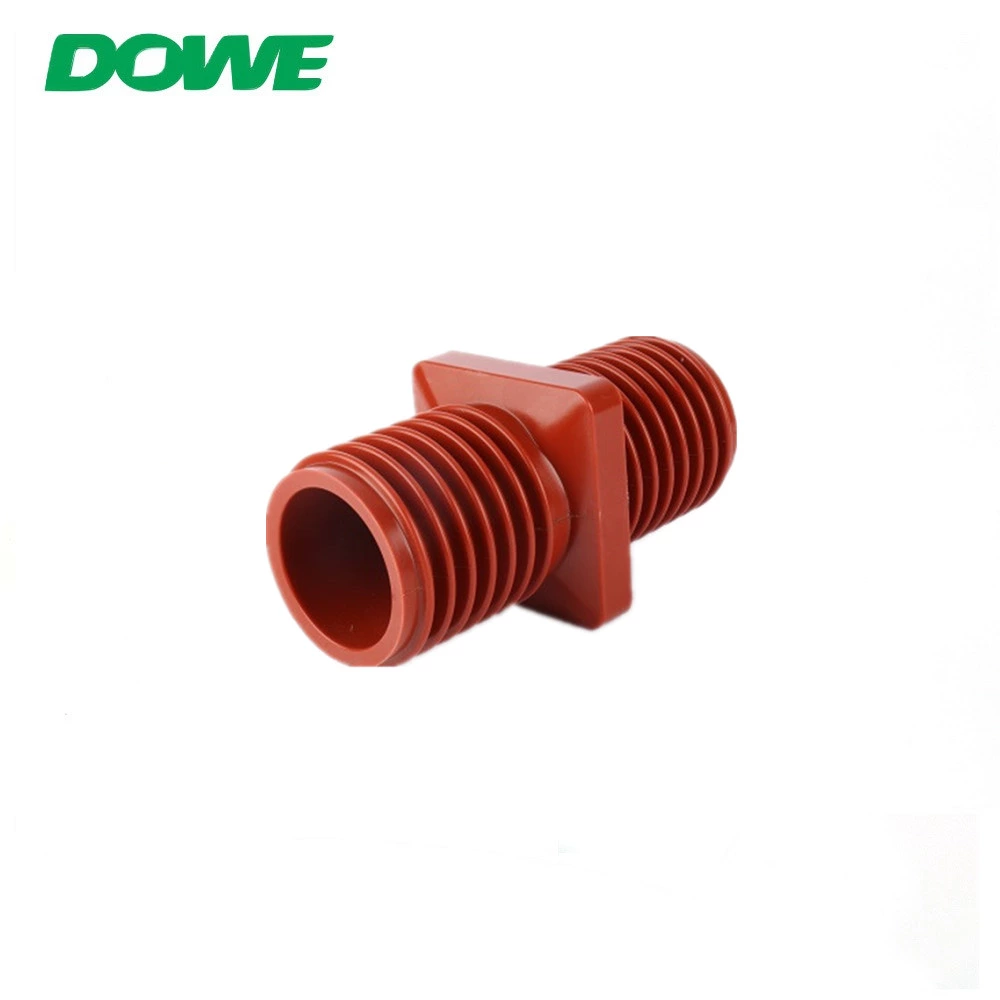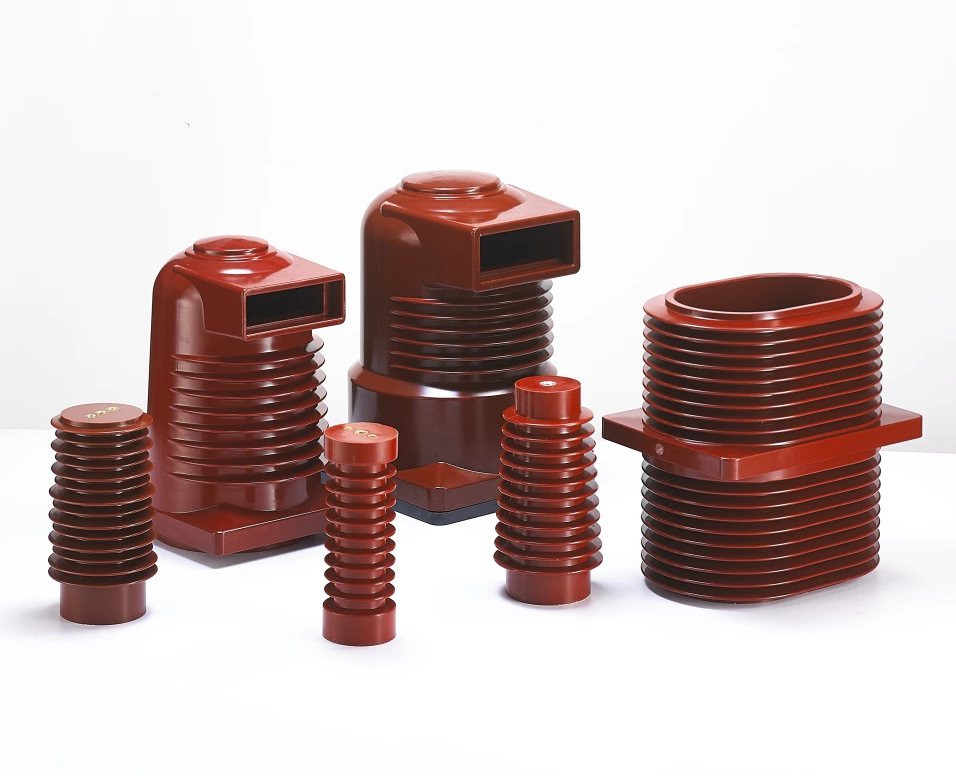What are the different types of busbar insulators and their applications?

Are you struggling to choose the right busbar insulator for your project? You’re not alone. Many professionals face this challenge, risking delays or even failures. Let’s break it down.
Busbar insulators come in various types, each suited for specific applications, offering solutions for electrical safety, stability, and performance.
Choosing the wrong insulator can lead to performance issues, so let’s explore the types and their unique applications in detail.
[Table of contents]
- What are the main types of busbar insulators?
- How do materials influence the choice of busbar insulators?
- Conclusion
What are the main types of busbar insulators?
Understanding the basic types of busbar insulators is the first step to making the right choice. Each type has distinct features and benefits.
Busbar insulators are broadly classified into support, suspension, and strain insulators, designed to meet different installation needs.

Support insulators: What are their features and uses?
Support insulators are designed to hold busbars in place and provide electrical insulation. They are commonly used in switchgear and distribution systems.
| Feature | Description |
|---|---|
| Material | High-strength porcelain or composite |
| Application | Indoor and outdoor electrical systems |
| Advantages | Durability, resistance to wear |
Support insulators ensure the busbars remain stable under mechanical stress while preventing electrical leakage. They’re indispensable for safe operations. Learn more about support insulators1.
Suspension insulators: How do they differ?
Suspension insulators hang vertically, supporting high-voltage busbars while maintaining electrical insulation. They are crucial in overhead systems.
| Feature | Description |
|---|---|
| Material | Glass, porcelain, or polymer |
| Application | High-voltage overhead power lines |
| Advantages | Lightweight, cost-effective |
These insulators reduce mechanical load and provide flexibility, making them ideal for long-distance transmission. Discover suspension insulator applications2.
Strain insulators: What makes them unique?
Strain insulators are designed to handle mechanical tension, supporting busbars in high-stress environments such as corners and curves in power systems.
| Feature | Description |
|---|---|
| Material | High-grade porcelain or polymer |
| Application | High-tension areas in power lines |
| Advantages | High mechanical strength |
Their unique ability to withstand tension ensures structural integrity in demanding setups. Explore strain insulator features3.
How do materials influence the choice of busbar insulators?
Material selection directly impacts the performance and durability of busbar insulators. Let’s explore common materials used.
Busbar insulators are made from porcelain, glass, and composite polymers, each offering unique strengths.

Why is porcelain a popular choice?
Porcelain insulators have been a trusted choice for decades due to their excellent insulation properties and mechanical strength.
| Strengths | Challenges |
|---|---|
| High durability | Heavier than alternatives |
| Weather resistance | Higher cost |
| Long lifespan | Brittle under extreme stress |
Porcelain is often used in outdoor applications where longevity and reliability are critical. Understand why porcelain excels4.
What makes polymers stand out?
Composite polymer insulators are lightweight and versatile, making them suitable for various modern applications.
| Strengths | Challenges |
|---|---|
| Lightweight | May degrade under UV exposure |
| Cost-effective | Lower mechanical strength than porcelain |
| Resistant to corrosion | Shorter lifespan in extreme climates |
These are ideal for projects that require budget efficiency without compromising quality. See the advantages of polymers5.
Conclusion
Busbar insulators play a critical role in ensuring electrical safety and efficiency across diverse applications. Understanding their types and features helps make informed choices.
-
Provides in-depth knowledge about support insulators, their uses, and applications in electrical systems. ↩
-
Explains the working, advantages, and typical applications of suspension insulators in overhead systems. ↩
-
Details the unique features of strain insulators and why they are essential in high-tension areas. ↩
-
Highlights why porcelain is widely used in busbar insulators, with examples of its advantages and challenges. ↩
-
Discusses the growing use of composite polymer insulators in electrical setups, focusing on their benefits and limitations. ↩

